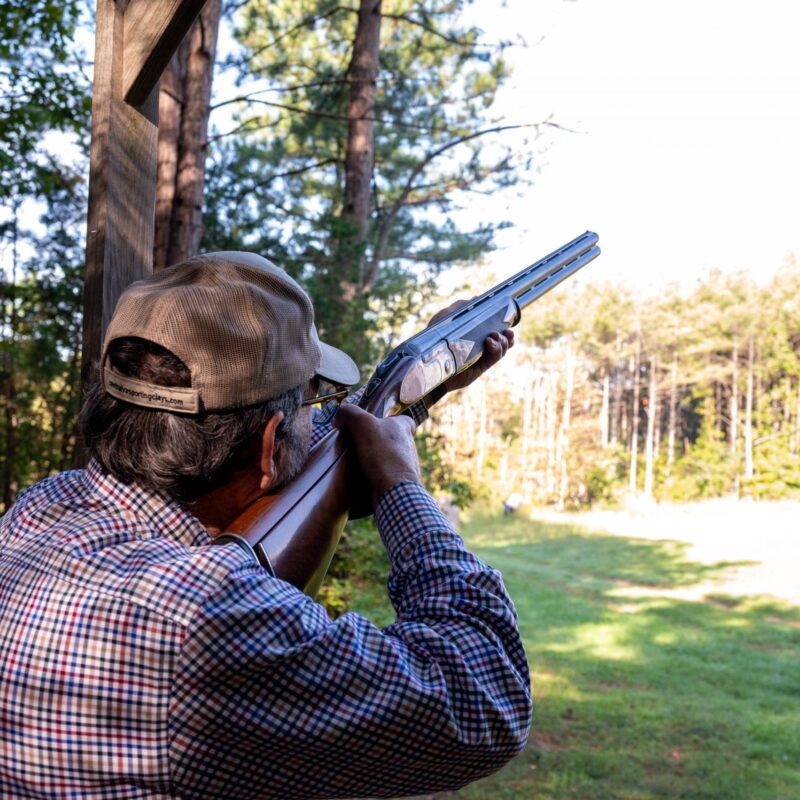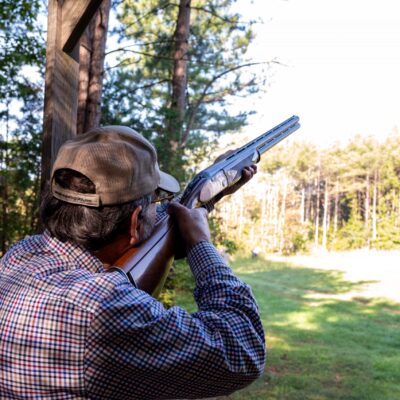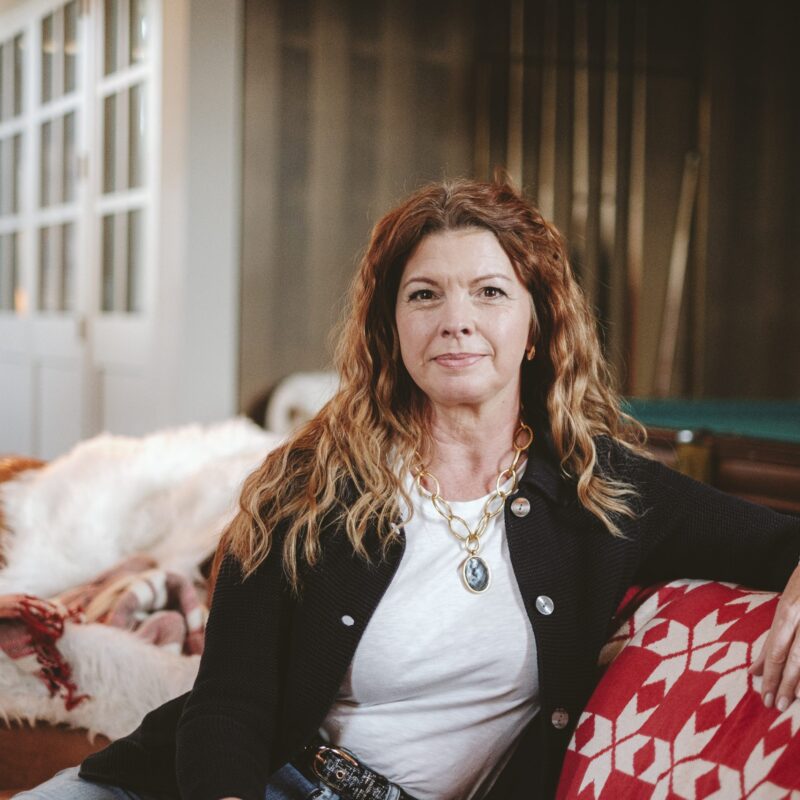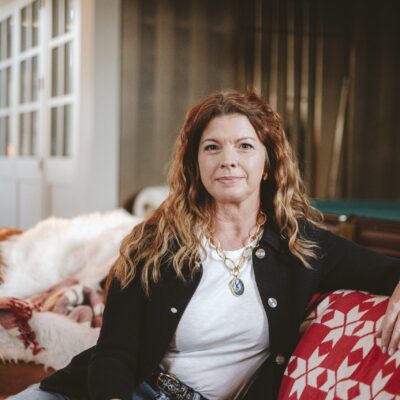 Rumor had it that that Andy Gems, of the Southern Café and Music Hall, tipped off the Fire Marshal to a concert by the popular duo Birdlips (pictured) at the Twisted Branch Tea Bazaar—a tip unrelated to to building safety. But a rumored connection between Gems and Neighborhood Development Services doesn’t seem to exist, and the Fire Marshal says, in addition to following anonymous tips, he reads the calendar section of local newspapers to see where events are happening.
|
Those fears have flared since the Fire Marshal visited the Twisted Branch Tea Bazaar on November 11, before a concert by the popular local duo Birdlips. “Someone had called the Fire Marshal and informed them that we were going to have a show that might go beyond capacity,” says Gwendolyn Hall, who owns the Tea Bazaar. The Marshal arrived unannounced before the concert and recommended that whoever was manning the door have a clicker to count the number of patrons entering the restaurant, which filled to its 50-person capacity. “We were within our legal limits, so they looked around and left,” says Hall.
Let it be said that the Fire Marshal, of course, is in the business of ensuring that buildings are safe, and not in the business of mediating conflicts in the music community. “It is because of this potential for loss of life that the Fire Marshal has a responsibility to this community and he takes it seriously,” reads a letter to C-VILLE from Charlottesville Fire Chief Charles Werner, Director of Neighborhood Development Services Jim Tolbert and City Director of Communications Ric Barrick. “His visits to area venues should be applauded and not criticized.” The letter was sent late last week after I published a blog post on this topic.
But in light of the music community’s fears about losing venues, the question—How did the Fire Marshal know where to look?—was enough for some to wonder whether a disgruntled party or competitor was tipping off the Fire Marshal out of concerns unrelated to safety. Rumor came to have it that Andy Gems, who owns the Southern Café and Music Hall had it out for other venues, including the Tea Bazaar.
And the rumors have been everywhere. In an e-mail thread between WTJU DJs planning a dance party, one DJ mentioned the possibility of boycotting events at the Southern, pending proof that Gems has been alerting the authorities. (WTJU Rock Program Director Colin Powell clarified in an e-mail to C-VILLE that “no WTJU-sanctioned boycott was ever discussed, and we hold no ill will toward Andy or the Southern.”)
So I called Gems and asked him if he sends authorities like the Fire Marshal to police his competitors. “I can assure you. I did not call the Fire Marshal,” Gems says. He followed up in an e-mail that he wanted to “emphatically state for the record that I did not call the Fire Marshal on either the Tea Bazaar or Random Row Books.”
And to follow up on a rumored connection between Gems and Tolbert, I asked Tolbert if he sent the Fire Marshal to the Tea Bazaar earlier this month. “You’d have to talk to the Fire Marshal,” he says. “I haven’t talked to the Fire Marshal in a couple of months.”
Asked about the tip about the Tea Bazaar, Fire Marshal William A. Hogsten says, “I’m not sure how that came about…When I pick up my phone in the morning there’s usually one, two, sometimes three or four anonymous phone calls that are on our voicemail filing complaints.”
Hogsten also pointed out that he constantly looks at event calendars in C-VILLE Weekly and The Hook, as well as fliers around town to see what places might be hosting events. Even so, Hogsten doesn’t walk around pitilessly assessing venues, padlock and chain in hand. “We take proactive measures before venues have the potential for being overcrowded, and then we follow up later that night and ask, How many people do you have in? How many people are you allowed to have in? Most of the time we take what they tell us at face value.”
“We’re not trying to be a bad guy with the venues here,” he says. “If anything, I love the music—I love live venues regardless of the type of music. But we’re charged with keeping a safe environment.”
And in their letter to C-VILLE, Tolbert and Werner conclude, “As public servants and as members of the community, we will always do our best to keep these establishments safe and avoid tragedies that other communities have suffered.”





